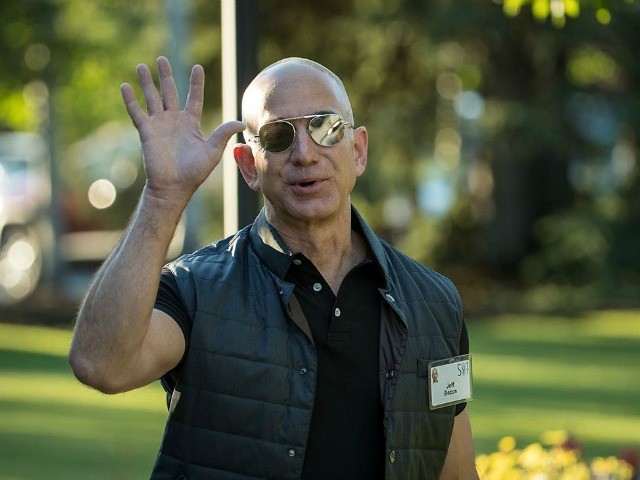Google isn't a trust, legally speaking. Trusts are a specific, technical term, it's not just "any large company" or "any large company involved in a large number of fields". More generally, the government doesn't have the authority to say "no, your company is already involved in this field, you're not allowed to branch out into this other one".
And yet they do so all the time, such as when the US tried to break up
Microsoft because they branched out into a web browser. Or perhaps we can look at
Ford Motor Co. v. United States when Ford tried to branch out into spark plugs and the government hit them with the banhammer for it eight years ago. The United States is allowed to do so and does so constantly, I'm really not sure where on earth you came up with the idea that the US isn't allowed to regulate commerce. The
Clayton Act specifically allows it and that act has been refined by several additional acts expanding it's power.
I'll grant, very specifically the current definition of Trust isn't applicable but I'm talking the general principles that's it's possible to regulate, not exact lawyer speak I'm not qualified for anyway.
Additionally, your argument that the government can't regulate things is predicated on the government not being able to make regulations, which patently they can do and in fact making new laws is kinda the entire point of the post. You might as well argue a marathon runner can't win a race because he's sitting down, ergo he can't run.
That's patently illegal. There's no way a law banning people from talking about a certain subject unless they get permission from the government would survive a court challenge, it's a clear violation of the first amendment.
You're right, but you're knocking down a strawman, I didn't say to ban people from speaking did I? I said regulate companies' ability to host content above a specific size which is a whole different matter and not nearly the same limitation. I agree this would run into a first-amendment challenge that would go to the supreme courts. However the result is not a foregone conclusion at all, the people under such a law clearly have the right to all the speaking they want, and forums under 50,000 users (number pulled from my backside given I came up with the scheme in about 90 seconds) can supply thousands of free platforms for free speech. Companies, however, do not have the right to grow to infinite size without paying additional fees and obeying additional regulations. We see this principle all the time IRL, small businesses are allowed to follow a different set of less onerous regulations that larger companies.
We can reasonably presume this law would need to pass Strict Scrutiny. The three tests are:
Compelling Government Interest
Regulating commerce and preventing monopolies are a compelling interest. It would almost certainly pass this prong.
Narrowly Tailored
This one's a bit shakier and certainly the weakest prong. Given that, again, I'm trying to prove that it's theoretically possible to regulate internet businesses in a way that avoids a monopoly, and I came up with my scheme in 90 seconds, it's more than highly possible a different set of laws designed by actual lawmakers who spend more than 90 seconds at it could do the job more narrowly and come up with more solid rules. However, in that case that law could exist which
still proves my point.
Least Restrictive Option
This one gets an automatic pass given the nature of our discussion here on the Sietch. I'm arguing that it's possible to put down monopolies on the Internet via legislation. If my notion is the least restrictive way, then my point is made. If there's a less restrictive way, the government can use that and my point is still made because I'm not arguing that specific law, but that
a law regulating the internet can exist.
I'm not attached to my half-ass example but to the base concept that the government is, in fact, allowed to regulate companies on the internet and that it is theoretically possible to come up with some set of laws that would prevent monopolies.



